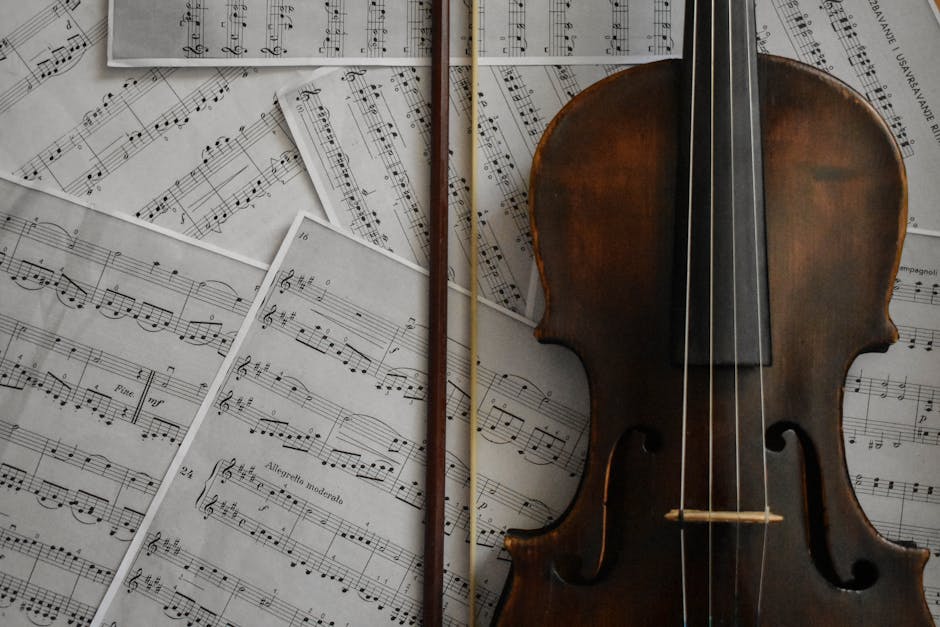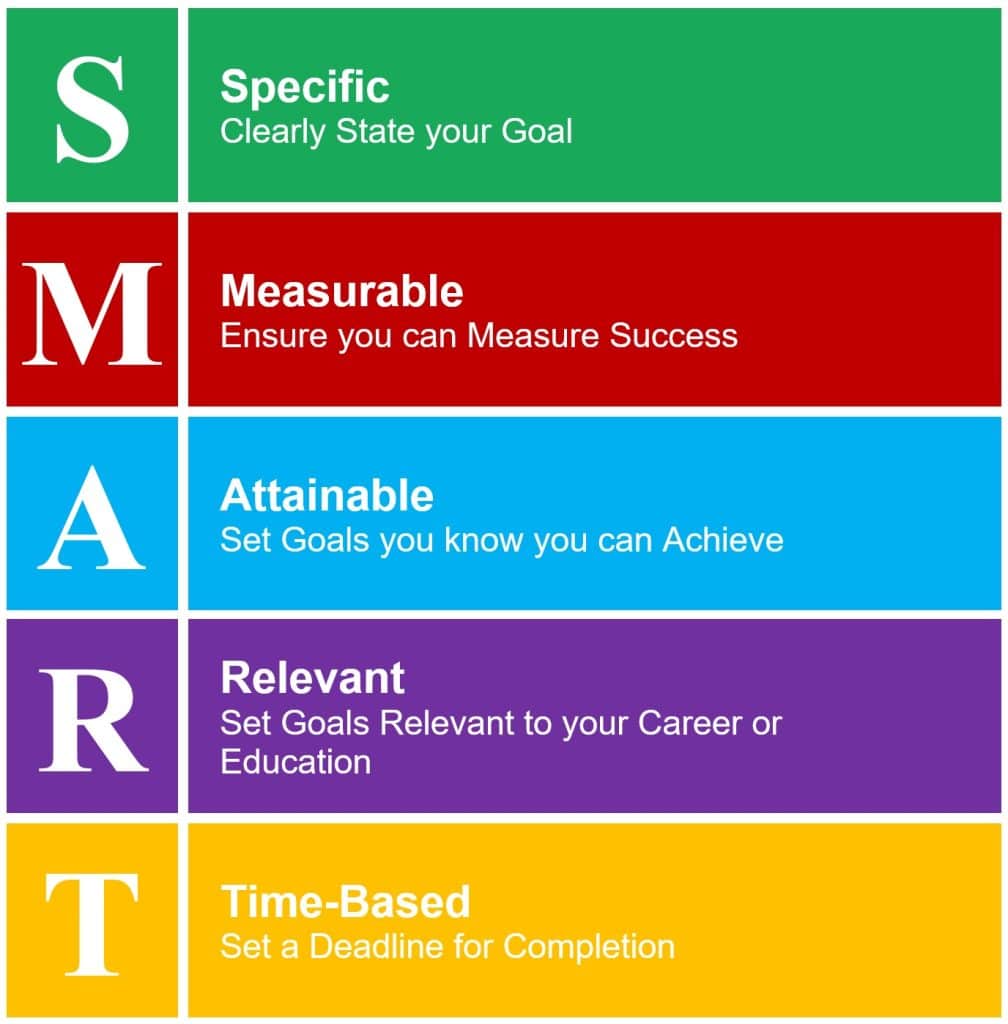Welcome, aspiring guitar gods and goddesses, to the wild and wondrous world of guitar playing! So, you’ve decided to pick up this six-stringed instrument of pure musical magic, eh? Well, buckle up, because you’re in for a rollercoaster ride of highs, lows, calloused fingertips, and inevitable frustration. But fear not, dear reader, for I am here to guide you through the treacherous terrain of the guitar learning journey with wit, wisdom, and maybe a touch of sarcasm. So grab your pick, tune up those strings, and let’s embark on this epic quest together.
Contents
- 1 Understanding the Basics: Acquiring Fundamental Skills
- 2 Exploring Guitar Types: Finding Your Perfect Match
- 3 Mastering Chords and Scales: The Building Blocks of Music
- 4 Developing Your Practice Routine: Strategies for Effective Learning
- 5 Embracing the Power of Listening: Learning from Music and Musicians
- 6 Overcoming Common Challenges: Staying Motivated and Progressing
- 7 Venturing Beyond the Basics: Pathways to Advanced Guitar Techniques
- 8 FAQs
- 9 Rock on, Beginner Guitarists!
Understanding the Basics: Acquiring Fundamental Skills
So, you’ve decided to dive headfirst into the world of acquiring fundamental skills. Congratulations! Get ready to embark on a journey filled with excitement, frustration, and lots of learning. Here are a few things to keep in mind as you navigate this new territory:
First and foremost, remember that acquiring fundamental skills takes time and patience. Rome wasn’t built in a day, and neither will your skillset be. Embrace the process and don’t get discouraged if you don’t see immediate results.
Secondly, don’t be afraid to make mistakes. In fact, make as many mistakes as you can! Each mistake is a valuable learning opportunity that will ultimately make you stronger and more proficient in your chosen skill.
Finally, remember to practice, practice, practice. The more you practice, the better you’ll become. And who knows, maybe one day you’ll even become a master in your chosen skill. But for now, just focus on understanding the basics and honing your abilities. Good luck!
Exploring Guitar Types: Finding Your Perfect Match
So you’ve decided to take the plunge and buy a guitar. But with so many different types out there, how do you decide which one is right for you? Let’s break down some of the most popular options to help you find your perfect match!
First up, we have the classic acoustic guitar. This beauty is perfect for strumming around the campfire, serenading your crush, or pretending to be Ed Sheeran in your bedroom. Plus, no need for an amp – it’s like the lazy person’s guitar!
Next, we have the electric guitar. If you’re looking to rock out like a god on stage or impress your friends with some killer riffs, this is the way to go. Just plug in, crank up the volume, and watch the heads turn (or cover their ears).
And let’s not forget about the versatile bass guitar. Not just for funky grooves, this bad boy can hold it down in any genre from metal to jazz. Plus, it’s like doing a workout every time you play – who needs the gym when you have a bass?

Mastering Chords and Scales: The Building Blocks of Music
So you want to be a musical genius, huh? Well, you’ve come to the right place! Let’s talk about the nitty-gritty details that make up the magical world of music - chords and scales.
Think of chords as the Lego blocks and scales as the instruction manual. Without these building blocks, your musical creations would be like a half-baked cake – disappointing and crumbly. Mastering chords and scales is like having the secret recipe to the best musical masterpiece!
When you dive into the world of chords, you’ll soon realize that there’s a whole universe of harmonious combinations waiting to be discovered. Major chords, minor chords, augmented chords – the possibilities are endless! It’s like being a mad scientist in a lab, mixing different elements to create the perfect concoction of sound.
And don’t even get me started on scales! Scales are like the roadmap to musical bliss. Whether you’re soaring through the heavens with the majestic sound of a major scale or delving into the depths of darkness with a minor scale, each scale brings a unique flavor to your musical journey. So buckle up, because once you master chords and scales, there’s no limit to the musical wonders you can create!

Developing Your Practice Routine: Strategies for Effective Learning
So, you’ve finally decided to take your practice routine seriously. Good for you! But let’s face it, practicing can be boring and tedious. Fear not, dear reader, for I have some strategies that will make your practice sessions not only effective but also a lot more fun.
First things first, set specific goals for each practice session. Whether it’s mastering a difficult technique or learning a new song, having a clear objective will help you stay focused and motivated. And remember, progress takes time, so be patient with yourself. Rome wasn’t built in a day, and neither will your guitar skills.
Secondly, mix things up to keep things interesting. Practice different genres of music, try out new exercises, or even learn a new instrument. Variety is the spice of life, after all. And don’t forget to take breaks! Your brain needs time to digest all that information, so give yourself permission to goof off every once in a while.
Lastly, don’t be afraid to seek help when you need it. Whether it’s from a teacher, a fellow musician, or even a YouTube tutorial, there’s no shame in asking for guidance. Remember, we’re all in this together, and there’s always something new to learn. So go forth and practice with gusto!

Embracing the Power of Listening: Learning from Music and Musicians
Have you ever taken the time to truly listen to a piece of music? I’m not talking about just hearing the notes, but really immersing yourself in the melody, the rhythm, and the emotions conveyed. Musicians have a unique ability to communicate through their music, and we can learn a lot from their approach to listening.
One of the key lessons we can take away from musicians is the importance of active listening. Just like a musician focuses on every note, every nuance, and every emotion in a piece of music, we should strive to truly listen when someone is speaking to us. Put away your distractions, turn off your inner monologue, and give the speaker your full attention. You might be surprised at how much you can learn when you truly listen.
Another lesson we can learn from musicians is the power of silence. Just as a well-placed rest in a musical piece can create tension and anticipation, silence in a conversation can have a profound impact. Sometimes, the most meaningful communication happens in the moments of silence between words. Embrace the pauses, and let them speak just as loudly as the words themselves.
Finally, musicians teach us the importance of empathy in listening. When a musician plays a sad song, they don’t just play the notes – they convey the emotions behind those notes. In the same way, when we listen to someone sharing their feelings or experiences, we should strive to empathize with them on a deeper level. Put yourself in their shoes, try to see the world from their perspective, and respond with compassion and understanding.
Overcoming Common Challenges: Staying Motivated and Progressing
Life is full of challenges that can make staying motivated and progressing towards our goals seem impossible at times. But fear not, for with a little creativity and a lot of determination, you can overcome even the most common obstacles that stand in your way!
One of the biggest challenges people face when trying to stay motivated is the dreaded procrastination monster. It lurks in the shadows, waiting for the perfect moment to strike and derail your progress. But fear not, brave souls! With a little organization and a lot of willpower, you can banish procrastination to the depths of the internet where it belongs.
Another common hurdle on the road to success is self-doubt. It’s that little voice in your head that tells you you’re not good enough, smart enough, or talented enough to achieve your dreams. But guess what? That voice is a liar! You are capable of amazing things, and with a little self-love and a lot of positive thinking, you can silence that doubting voice once and for all.
Finally, let’s not forget about the ever-elusive work-life balance. It’s like a mythical creature that everyone talks about but no one has ever seen. But fear not, intrepid adventurers! With a little time management and a lot of flexibility, you can juggle your responsibilities like a circus performer on a unicycle. So go forth, brave souls, and conquer your challenges with gusto and a sprinkle of sass!
Venturing Beyond the Basics: Pathways to Advanced Guitar Techniques
So, you’ve mastered the basic chords and can strum a few tunes on your guitar – how about taking it to the next level? Let’s dive into some advanced techniques that will impress your friends and make you feel like a rockstar.
First up, let’s talk about sweep picking. This flashy technique involves playing arpeggios by using a sweeping motion with your pick across the strings. It may take a bit of practice to get the fluid motion down, but once you do, you’ll be shredding like a pro.
Next, why not try your hand at some tapping? Made famous by guitar legends like Eddie Van Halen, tapping involves using your picking hand to tap out notes on the fretboard, creating lightning-fast and impressive sounds. It’s a great way to add some flair to your solos.
And let’s not forget about harmonics. By lightly touching the strings at certain points, you can create beautiful chiming sounds that will add depth and texture to your playing. Experiment with different techniques like pinch harmonics and natural harmonics to truly elevate your guitar skills.
FAQs
What’s the best way to start learning guitar?
Well, first things first, you gotta get yourself a guitar. I mean, it would be pretty hard to learn without one, right? Once you’ve got that sorted, grab some beginner-friendly online tutorials, or better yet, find yourself a guitar teacher who can guide you through the basics.
How important is practice in learning the guitar?
Practice makes perfect, or at least, slightly less terrible. Seriously though, the more you practice, the better you’ll get. So, make sure to set aside some time each day to strum away and work on those calloused fingertips.
What are some common challenges beginners face when learning guitar?
Oh, where do I start? Sore fingers, frustrating chord changes, getting your fingers tangled up like a pretzel. But hey, we’ve all been there. Just remember, Rome wasn’t built in a day, and neither is your guitar skills. Take it one strum at a time.
How can a beginner stay motivated during the learning process?
A little self-pep talk never hurt anyone, right? Remind yourself why you picked up the guitar in the first place, blast your favorite tunes, and maybe treat yourself to a new pick or a shiny new guitar strap as a reward for your hard work.
Should a beginner focus on learning chords, scales, or both?
Why not both? Mix it up a bit, keep things interesting. Learning chords will help you play songs you love, while scales will give you a better understanding of how music works. Plus, it’s always fun to show off your skills with a killer guitar solo.
Rock on, Beginner Guitarists!
Congratulations on taking the first step in your guitar learning journey! Remember, it’s all about patience, practice, and a whole lot of passion for music. So, grab your guitar, tune those strings, and get ready to rock out on your way to becoming a guitar superstar! Happy strumming! 🎸🤘



